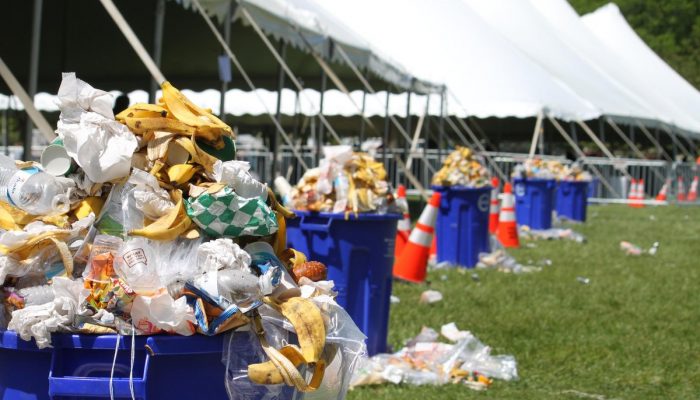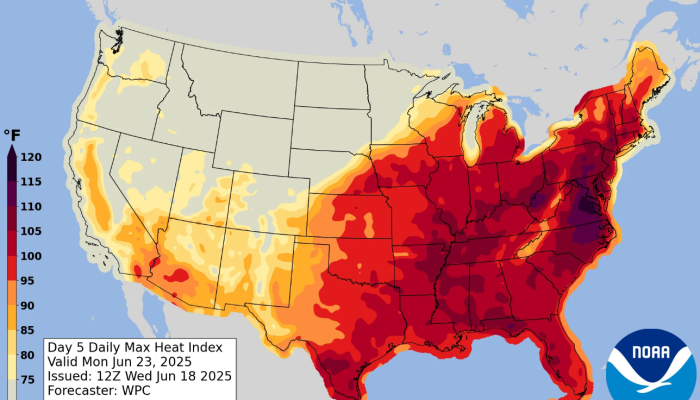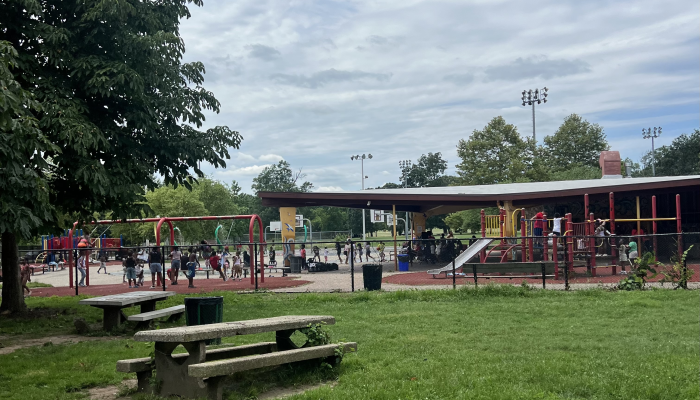Over the next two years, the City of Philadelphia will pursue several projects to tackle food waste citywide, made possible by the support of two separate funding and technical assistance awards. Philadelphia will receive technical assistance from the Natural Resources Defense Council (NRDC) as part of its Food Matters Project expansion into the MidAtlantic region and will collaborate with four other cities to pilot innovative strategies to tackle food waste locally.
The City is also the recipient of a grant issued by the United States Department of Agriculture (USDA)’s Community Compost and Food Waste Reduction (CCFWR) Projects, which will support residential and commercial food waste diversion strategies carried out by The Office of Sustainability and Philadelphia Parks and Recreation. By tackling food waste using a variety of strategies, the City can reign in climate emissions, reduce municipal waste costs, and help relieve community food insecurity.
Earlier this summer, the City of Philadelphia was chosen by NRDC to participate in its expansion of the Food Matters Project in the MidAtlantic region, with the goal of furthering larger‐scale changes related to food waste throughout the region. Baltimore is the hub city for the regional initiative and is joined for the first time by Jersey City, Philadelphia, Pittsburgh, and Washington, DC. NRDC and the participating cities will collaborate to implement policies and programs to reduce municipal food waste while taking advantage of regional networks. Cities often confront similar barriers when tackling food waste, including insufficient data and resources. The initiative will include city representatives who will network with one another, with NRDC, and with local partner organizations to set goals, develop programs to achieve those goals, and identify regional strategies that help maximize their resources. NRDC will work with each city to provide technical assistance on developing food waste strategies that help bolster their broader food systems, sustainability, and climate goals.
Additionally this summer, the USDA announced the selection of recipients of grants and cooperative agreements through its new Office of Urban Agriculture and Innovative Production. Through Community Compost and Food Waste Reduction (CCFWR) Projects, USDA is investing approximately $1.09 million in 13 pilot projects nationwide that develop and test strategies for planning and implementing municipal compost plans and food waste reduction. These are the first-ever recipients of these grants and cooperative agreements. Priority for funding was given to projects that anticipate or demonstrate economic benefits, incorporate plans to make compost easily accessible to farmers, including community gardeners, integrate other food waste strategies, including food recovery efforts, and collaborate with multiple partners. The City of Philadelphia will receive funding over two years to bolster Philadelphia Parks and Recreation’s Community Compost Network. Additionally, The Office of Sustainability will pilot a Food Service Business Challenge, which will provide technical assistance to 10-15 businesses citywide to implement food waste reduction strategies.
“A key element of our commitment to strengthen every neighborhood in Philadelphia is to ensure all Philadelphians can access and afford healthy food,” said Mayor Jim Kenney. “It is imperative that we help our local businesses and residents reduce food waste.”
Together, these pilot projects supported by NRDC and USDA will lay the groundwork for several coordinated, long-term food waste management programs in Philadelphia. The projects will be additionally informed by data resulting from a 2019 study, wherein the City collaborated with NRDC to calculate Philadelphia’s baseline level of food waste and assess the potential for increased rescue of surplus food. The City estimated that 214,000 tons of food waste are generated in Philadelphia each year. The project additionally estimated that 21 percent of Philadelphians experience food insecurity. The data will be critical to the City as it aims to implement sustainable food waste reduction and diversion strategies in partnership with NRDC and USDA. Data from this study is available by request.




